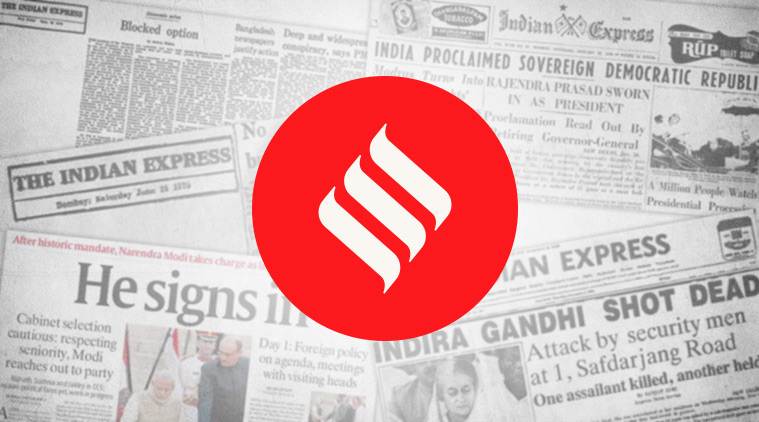
The unprecedented drone attacks over the weekend on major Saudi hydrocarbon facilities have led to a spike in the world oil prices. The attacks, claimed by Yemen’s Houthi rebels, have knocked out more than half of Saudi crude output and five per cent of the global oil supplies. Oil industry experts say the damage is serious and Saudi Arabia will not be able to quickly make up for the shortfall in production amounting to 5.7 million barrels a day. Given the expanded global oil production in recent years and the emergence of new major exporters like the US, the world could possibly absorb the new oil shock without too much pain. That hope, however, must be tempered by two factors: One, the drone attacks have exposed the massive vulnerability of Saudi oil production and two, the Houthis have promised to attack again if Saudi Arabia continues its four-year old war against them.
The other is the danger of escalation in the tension between Riyadh and Tehran that has enveloped the region in proxy wars. If Saudi Arabia has supported the government in Yemen in the tragic civil war, Iran has been the main backer of the Houthi rebels. While denying any complicity in the attack, Tehran has backed the Houthi right to self-defence against Saudi Arabia. The US decision to blame Iran after the attack appeared to push the region to the brink of a new war. But President Donald Trump seemed to be backing away from an immediate military retaliation against Iran. In the last few weeks, Trump has toyed with the idea of meeting Hassan Rouhani, the president of Iran, on the margins of the UN General Assembly session that convenes next week in New York. If there is evidence of Iranian involvement, Trump might yet choose to turn up the heat on Iran.
The recent developments offer an opportunity for all sides to take a deep breath and step back. In the last couple of years, Iran has seen most of its oil exports vanish amidst the American sanctions. While Iran can certainly hurt the Saudi oil production, a military confrontation with the US could set Tehran back by decades. The US and Saudi Arabia, on the other hand, may have miscalculated that Iran would simply cave under the current campaign to put “maximum pressure” against Tehran. Meanwhile Trump, unlike the security establishment in Washington, has no desire to push America into another costly war in the Middle East. The current lose-lose situation should open the door for sensible compromises all around. India, which is friends with all the actors in the Middle East, can easily do more than being a passive observer. Like Japan and Europe, which are trying to calm the waters in the Gulf, India too must step in to nudge the region towards military restraint and political engagement.